The secret is that strong, shiny and smooth hair does not come from an expensive shampoo or salon treatment but it comes from your diet. Having a variety of healthy nutrients will offer you the hair you always dream of. Try to fill up on these following nutrients for hair to begin growing your hair.
Foods are the best sources of nutrients you need for healthy hair. However, if you fail to obtain enough in the diet, supplementation may be useful. Large doses of nutrients can be harmful in case you are not deficient. Therefore, consult with a doctor to see if you experience a deficiency or not. Now, we keep your eyes on the nutrients for hair in the line of Hair Care section on Healthy Guide site.
List Of Nutrients For Hair – The Best Nutrients People Should Know And Make Use:
1. Nutrients For Hair – Vitamin A
The fact is that all cells require vitamin A for healthy growth and this also includes hair, which is the fastest growing tissue in our body . Vitamin A also supports skin glands, making an oily substance, sebum, which may moisturize the scalp and supports to keep your hair healthy.
If your diets lack vitamin A, you may experience a few problems, including hair loss. However, it is also important to obtain enough vitamin A as consuming it too much may be dangerous. Some studies show that an overdose of this essential vitamin can also result in hair loss. So, the maximum daily amount of vitamin A you should consume either through the diet, through supplementation or both combined is about 25,000 IU.
Some good sources of vitamin A include sweet potatoes, pumpkins, carrots, kale and spinach and some animal sources of vitamin A include carrots, peach, spinach, milk, yogurt, eggs and cod liver oil.
Beta-carotene, the most common form of vitamin A, is also good for hair growth as it is converted into vitamin A when the body requires it. This nutrient may help maintain normal hair growth as well as bone development, promoting healthy hair. The recommended daily dose of beta-carotene is 10,000-15,000 IU.
2. Niacin (Vitamin B3)
Niacin is a lesser-known vitamin that may play a vital role in healthy hair growth. This vitamin helps to nourish the hair scalp by enhancing circulation and encouraging healthy hair growth. Its main function is to turn carbohydrates into energy, and this also aids to maintain the blood cell structure and improve blood circulation, which leads to greater blood flow to hair scalp, and more nutrients and oxygen to hair follicles.
A lack of this vitamin can cause dull hair and hair loss. Also, it can result in a variety of other health problems such as diarrhea, nausea, scaly skin sores and mental confusion. Foods that contain niacin are chicken breast, turkey, tuna, avocado and mushrooms.
In fact, niacin is one of the best nutrients for hair that you should know and try to add niacin-rich foods to your diet for good.
3. Pantothenic Acid (Vitamin B5)
It is not a common vitamin, but it is highly effective in preventing graying due to aging. Additionally, it can help you reduce the risk of natural hair loss due to aging. It is also believed to help you strengthen your hair follicles and cells, allowing then to work well. Moreover, this vitamin also helps the scalp remove dead skin, resulting in occurring new growth.
This vitamin can be found in a plenty of vitamin B complex vitamins and it can also be found in food sources such as eggs and whole grains. It is actually one out of the best nutrients for hair that you should not skip out.
4. Inositol (Vitamin B8)
It is the last vitamin important for healthy hair. Inositol is grouped into the group of vitamins B. Although it is not a common vitamin, it is responsible for a plenty of support functions occurring in the body. It helps in the health of cell membranes. However, a recent finding show that men who had an extra dosage of inositol reported that the hair loss had improved. It is used to help reduce hair loss and then allow healthy hair to grow.
While Inositol can be created by our body through the process of breaking down glucose, you can also find it in the foods such as beans, cantaloupe, citrus fruits, nuts, bananas, beef, pork brain, liver, brown rice and whole grain breads.
If you want to know other nutrients for hair, continue to read this entire article and then try to add these nutrients to your diet for good.
5. Nutrients For Hair – Vitamin B12
Another one out of the list of nutrients for hair that you should not skip out is vitamin B12. It belongs to the vitamin B family, and it promotes cell division and growth. These processes are good for healthy hair growth. A lack of this vitamin may lead to slower hair growth. Also, it helps prevent hair loss and helps with the absorption of iron. The lack of iron can result in hair loss. Some foods that contain vitamin B12 are cheese, eggs, whey powder, yogurt and milk.
6. Vitamin C
Free radical damages can prevent hair growth and cause the hair to age. Vitamin C is a wonderful antioxidant that may help protect your hair against the oxidative stress due to free radicals. Additionally, your body also needs vitamin C to produce a protein called collagen, which is an important section of hair structure. Vitamin C also supports your body to absorb iron, another mineral good for hair growth.
Some good sources of vitamin C include peppers, strawberries, guavas as well as citrus fruits.
7. Vitamin D
As you know that low levels of vitamin D are associated with hair loss; in fact, research shows that vitamin D may support to make new follicles where new hair can grow. Besides, vitamin D is believed to be important for hair production. The actual role of this vitamin in the growth of hair is unknown.
That said, most of the people do not consume enough vitamin D and therefore, it may be a great idea to increase the vitamin D intake. Our body produces it through sun exposure. Additionally, good food sources of vitamin D are cod liver oil, fatty fish, mushrooms as well as fortified foods. Try to add vitamin D-rich foods to your diet and you will get a healthy hair soon.
8. Vitamin E
Like vitamin C, vitamin E is a powerful antioxidant that can block oxidative stress and enhance hair growth. It also helps the blood circulation in the body by increasing the uptake of oxygen, which helps the body in creating new hair. In a research, people with hair loss had a 34.5% increase in the growth of hair after supplementing with vitamin E for about 8 months.
Some great sources of vitamin E are beans, soybean, almonds, wheat germ oil, nuts, spinach, sunflower seeds, avocados and leafy greens. The recommended dose of vitamin E is 400 IU per day. However, you should be cautious when supplementing with this vitamin because in case you consume it too much, you can experience bleeding due to blood thinning.
9. Protein
Protein is one of the nutrients for hair that you should try to add to your diets to enjoy a healthy hair. Because our hair is made of protein, so consuming enough protein in the diet is very important for strong and healthy hair. In case you do not consume enough protein, your hair will become brittle, dry and weak. Additionally, extremely low protein diets will cause hair loss.
Some great sources of protein are chicken, fish, turkey, eggs, legumes, nuts and dairy products.
10. Nutrients For Hair- Iron
Iron is known as one of best nutrients for hair and lack of iron is a main cause of hair loss. The hair root and follicle are fed by a nutrient-high blood supply. Once iron levels are below a certain point, you will be able to experience anemia. This may disrupt the nutrient flow to the follicle, thus affecting your hair growth and may cause shedding.
Some animal products such as chicken, oysters, eggs, red meat and fish offer iron with a high level of bioavailability, which is a kind of iron readily available to our body. If you are a vegetarian, you can raise the levels of iron by adding spinach, lentils and other leafy green veggies such as kale, broccoli and salad greens.
11. Zinc
Zinc is important for RNA and DNA production, which may leads to normal hair cell division. Also, zinc is essential for stabilizing cell-membrane structures and helps in the removal and breakdown of superoxide radicals. If zinc consumption is low, you may experience hair loss. Besides, topical application of zinc has been revealed to reduce the hair loss. The recommended dose of zinc is 15mg per day.
Zinc deficiency may associate with low calorie diets. Some sources of zinc include meat, oysters, beef, wheat germ, spinach, lentil, pumpkin seeds, eggs and seafood. In fact, zinc is one of the best nutrients for hair that you should not look down, but try to add it to your diet for good.
12. Magnesium
It is necessary for a plenty of different body processes. Also, this mineral is important for the body to work properly. Without this mineral, we can feel weak and we can get older more rapidly. Additionally, a magnesium deficiency has been associated with diabetes, high blood pressure, osteoporosis, heart problems, depression, anxiety, constipation and chronic fatigue.
Some recent studies have shown that a lack of this mineral will affect the growth of your hair and stimulate abnormal hair loss as the follicles require magnesium for strength. This is because the follicles take responsibility for hair growth, a lack of magnesium results in hair loss and possibly balding.
Some great sources of magnesium are nuts and seeds, especially pumpkin seeds. That contain about ½ of the body’s requirements in just ¼ cup. Other sources include spinach, sesame seeds and Swiss chard. Alternatively, apply a homemade magnesium lotion or take a magnesium-rich salt bath.
13. Nutrients For Hair- Omega-3 Fatty Acids
They are important nutrients for hair and the body cannot make itself. So, they must be obtained through the diet. Besides, omega-3 fatty acids are found in the cells, which line the scalp. Also, they provide the oils that will keep your hair and scalp hydrated.
Add oily fish including salmon, sardines, trout, herring and mackerel as well as plan sources such as pumpkin seeds, soybeans, avocado and walnuts.
14. Folic Acid
A decrease in folic acid will be able to contribute to a decrease in hair follicle cell growth and division. Besides, folic acid is also important for the maintenance of healthy levels of methionine in our body. Some symptoms of folic acid deficiency are apathy, anemia, fatigue as well as graying hair.
Taking supplements and consuming foods that contain folic acid can help to lower the risk of hair loss and prevent thin hair in the future. Folic acid can be found in frozen peas, chickpeas, boiled asparagus, medium papaya, cooked lentils and collard greens. A recommended daily dose of folic acid is 400-800mcg.
15. Biotin
Biotin is another nutrient that is associated with hair loss. Additionally, it is needed for a plenty of enzymatic reactions occurring in the body, and is important for the proper metabolism of fat, protein and carbohydrates. For a long time, poor metabolism of nutrients can result in undernourished hair follicle cells. A biotin deficiency may result in hair loss. A study shows that biotin is one of the best nutrients for hair texture, strength and function.
People who consume enough protein should not experience a problem with biotin deficiency, although vegetarians may be at risk. Excellent food sources of biotin are liver, brown rice, green peas, oats, lentils, eggs and soy. Besides, biotin supplements, which are marketed to support male and female with hair loss. There is no research showing that the biotin in hair products can be absorbed through the scalp or hair. The recommended daily dose of biotin is about 500-1000mcg.
16. Nutrients For Hair- Beta Sitosterol
This is a natural plant extract, which is full of nutrients good for healthy hair. This is because it is natural and there will be no side effects in taking beta sitosterol. Also, it can be combined with your other medications.
Beta sitosterol may treat hair loss as well as enhances healthy new hair follicles. It can be used by both women and men. It is recommended to people who are developing hair loss. If you are at risk of hair loss, do not forget to add this mineral to your diet to enjoy a healthy hair,
17. Selenium
Another one on the list of nutrients for hair that you should try to add to your diet is selenium. It is required for iodine metabolism. Some studies have shown that selenium efficiency can result in cancer, heart disease as well as poor hair growth. Daily supplementation of 25-50mcg of selenium is the recommended dose.
18. Calcium
It may stimulate cell mediators that work on cell-membrane phospholipids in hair cells. Most people fail to meet the daily recommended consumption of calcium. Patients are advised to take supplementation of magnesium along with calcium in order to maintain healthy levels of calcium in the body. Large dosage of calcium may cause harm, and the recommended daily dose is about 100-200mg of calcium. Try to add calcium-rich foods to your diet to enjoy a strong and healthy hair.
19. Nutrients For Hair- Amino Acids
L-Methionine, which is one of 4 amino acids helps hair strength by offering enough sulfur to hair cells. Sulfur is needed for formation of healthy connective tissue. Hair need sulfur for healthy growth and look.
L-Cysteine helps hair strength by the sulfur provision. Nails, skin and hair are rich in L-cysteine. Some studies show that its deficiency may be a cause of hair loss. Accordingly supplementing the diet may be effective.
L-Lysine is an enzyme inhibiting amino acid in herbs and veggies affecting 5 alpha-reductase.
20. Polyunsaturated Fatty Acids
They are important for cell structure, lipid synthesis, barrier function, inflammation as well as immunity. Polyunsaturated fatty acids help reduce scaly and dry hair skin. Most of the popular sources are fish oil, walnuts and flaxseed oil.
People on non-fat and low-fat diets have higher risks of nutrition-related hair loss as hair requires essential fatty acids. The deficiency of essential fatty acids may cause dry scalp and skin. They are important nutrients for hair that help follicular health and once the follicle is not strong and healthy, you may experience hair loss or thin hair.
21. Nutrients For Hair- Iodine
Thyroid disruption can result in hair loss and it is necessary to help thyroid hormone production. Sea vegetables, such as kombu, kelp and nori seaweed are good sources that contain iodine. As iodine helps with proper thyroid functioning, 112-225mcg of iodine daily is the recommended dose. This mineral is one on the list of nutrients for health that I want to reveal in this article today.
If you think that you are not getting enough nutrients you need, the best thing you should do is to have a balanced diet that includes healthy foods with these essential minerals and vitamins that will help you get longer and stronger hair. Consumption of supplements may save your time because you do not need to spend time finding the proper food sources. Ensure that you consult a doctor before using any supplements. If you want to ask anything about the content of the writing today, feel free to leave your comments and feedbacks below!

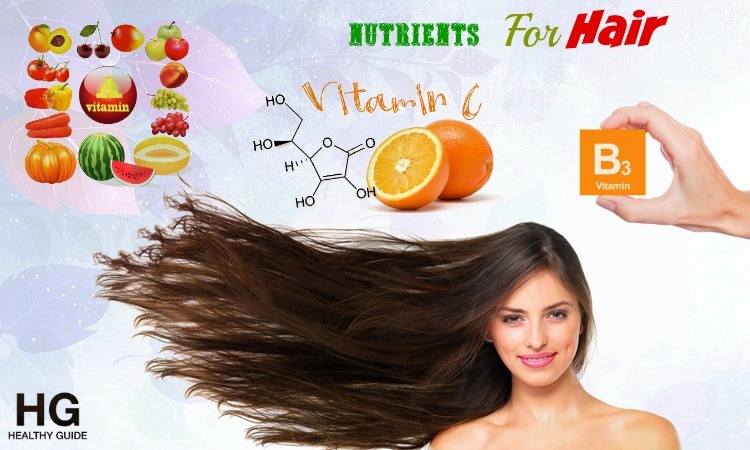
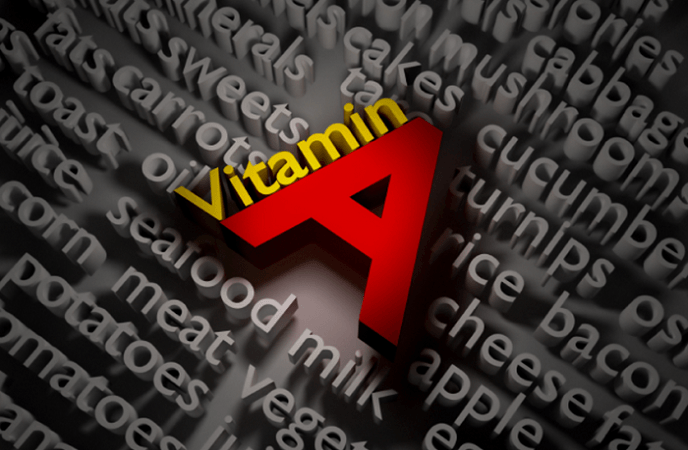
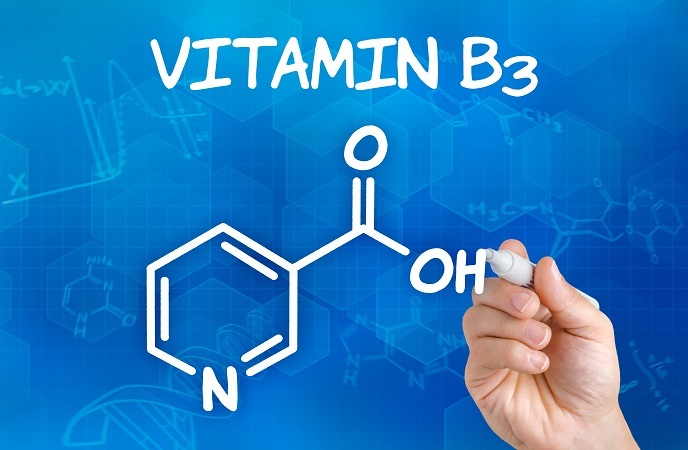
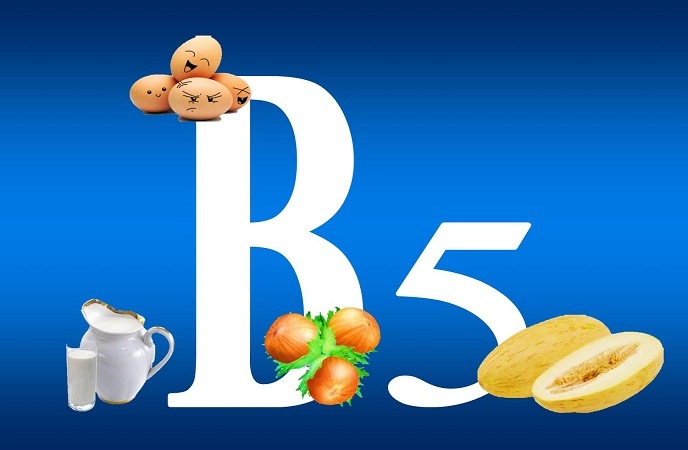


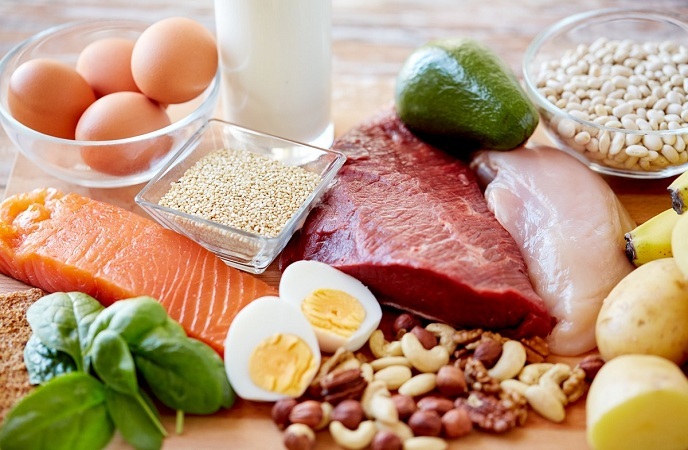
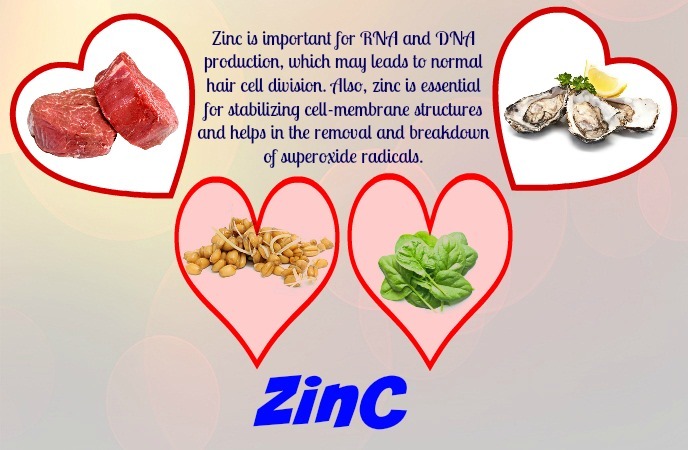
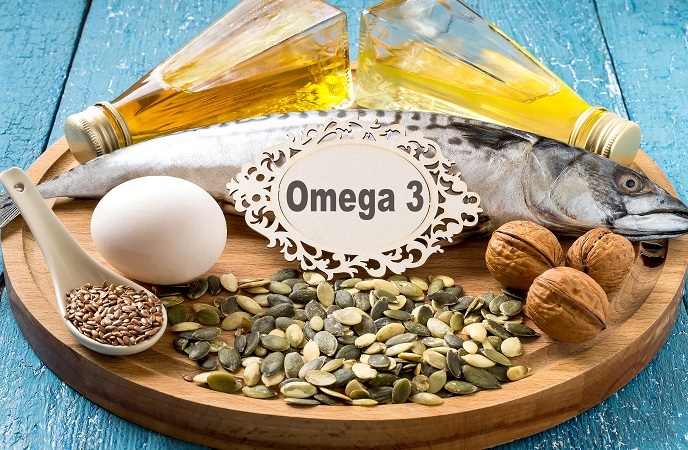
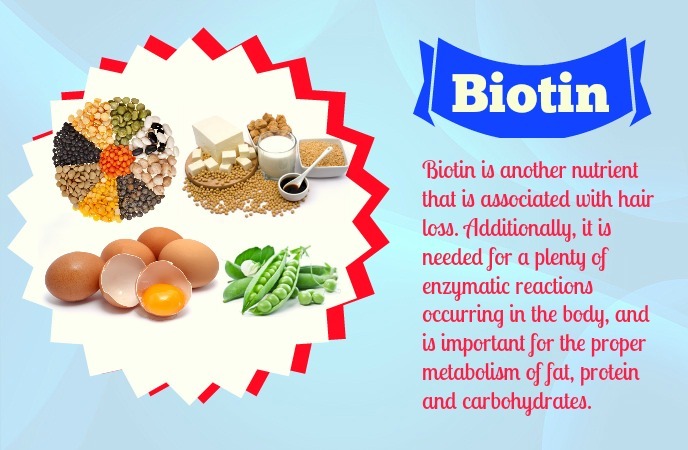
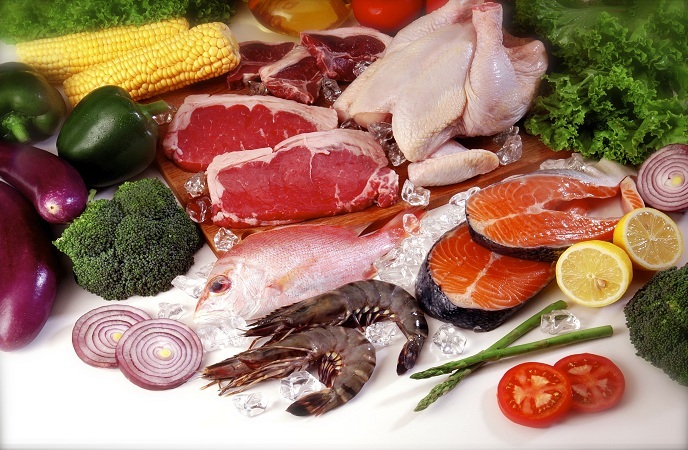
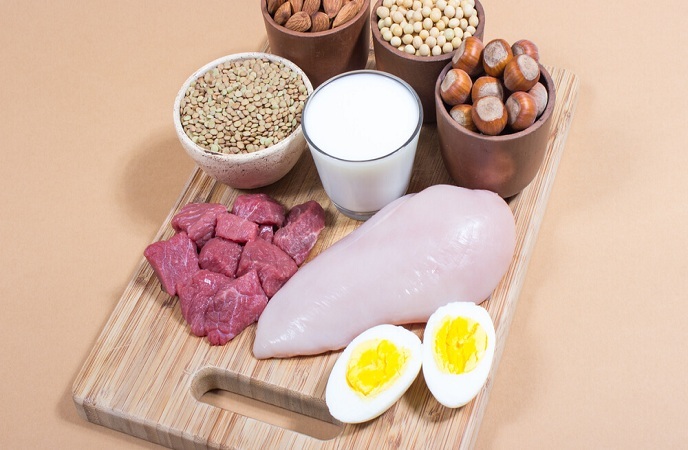
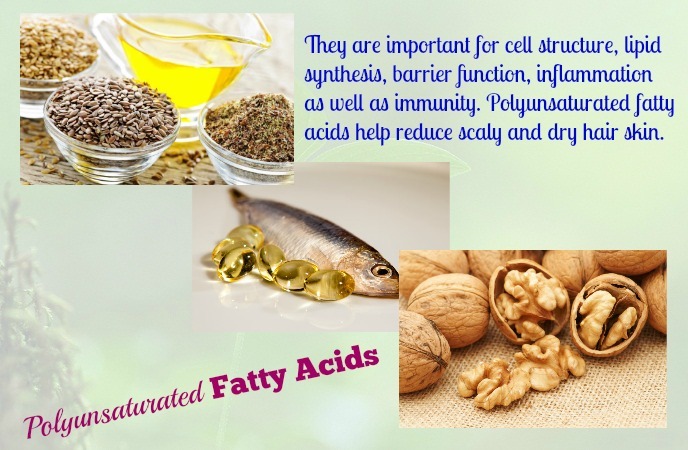
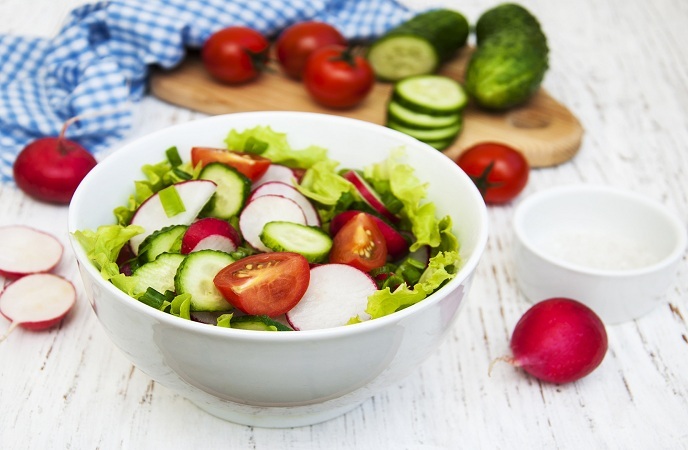
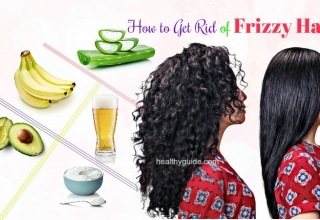
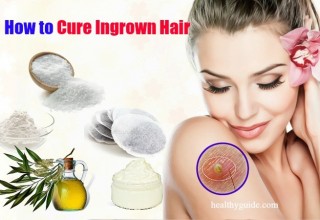
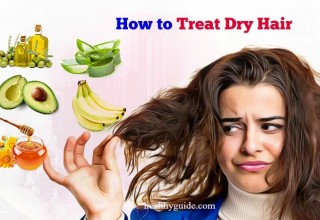
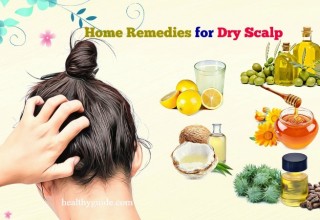
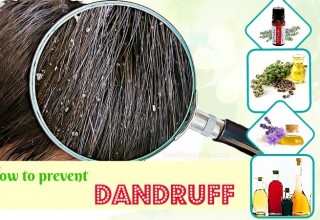
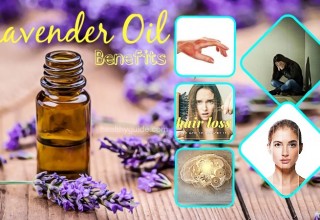
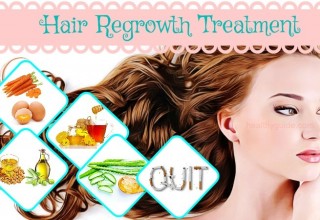
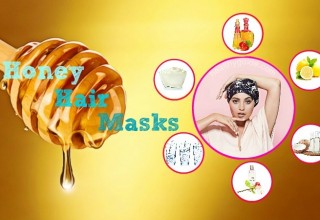

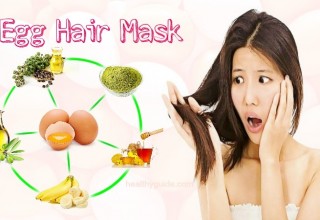
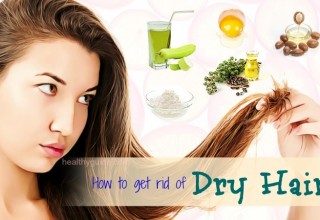
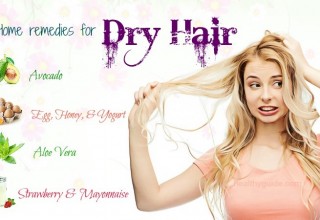

















Leave a Reply